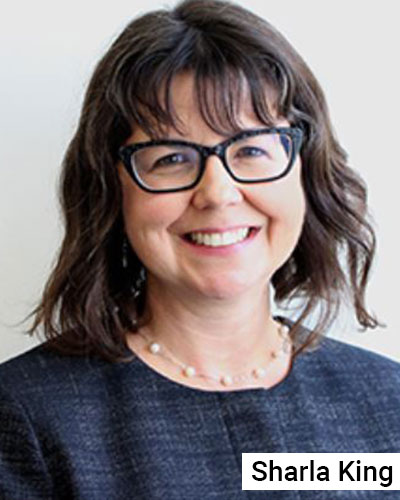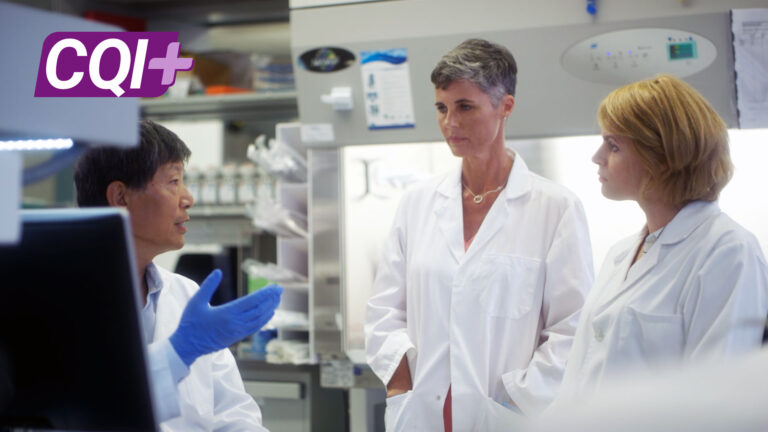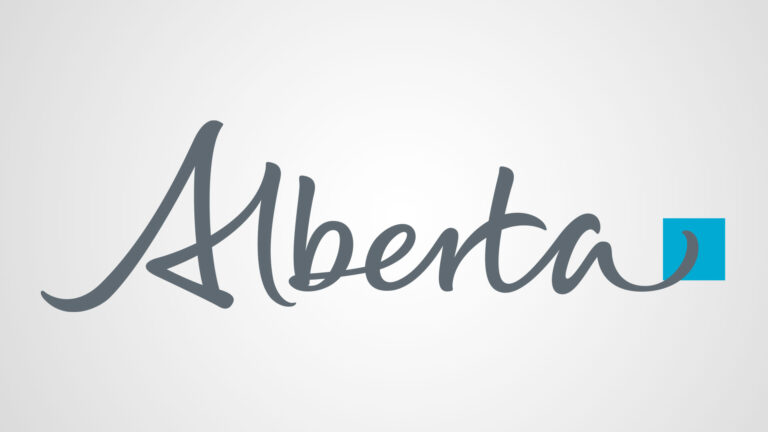
Pharmacy professionals play an essential leadership role in their workplaces and communities. Part of this leadership role includes teaching and mentoring, whether it is supporting patients and colleagues in practice, precepting new pharmacists and pharmacy technicians, or sharing expertise in an educational setting.
Whether teaching happens behind the pharmacy counter, in the counselling room, or in a classroom, becoming an effective and impactful teacher and mentor requires training and expertise. Pharmacists who have a passion for leadership, teaching, and mentorship are encouraged to explore the University of Alberta’s (U of A) Master of Education in Health Sciences Education (MHSE).
This three-year, course-based program allows healthcare professionals to gain their master’s degree while working full time. The program is designed to build knowledge in areas of educational practice relevant to their professional context by helping learners understand the theoretical foundations of learning, how to develop and evaluate curricula, how to assess learners, and more.

Dr. Sharla King, Program Director for the MHSE program, explained that the program integrates learners’ areas of interest and explores the challenges and opportunities associated with health professional education. It helps expand and apply newly learned knowledge and skills in the areas of educational pedagogy, educational research, and interprofessional leadership in the workplace.
Simply put, Sharla explains the MHSE program equips healthcare professionals to become better educators.
“Health professionals are always teaching, and this program helps them gain the confidence, knowledge, and skills to be better educators, whether in their current roles or to pursue new opportunities,” she said.
Sharla said that several pharmacists have completed the program so far amongst a number of graduates in the areas of medicine, dentistry, nutrition, respiratory therapy, physiotherapy, nursing, speech-language pathology, and paramedicine. This interprofessional learning model has been an asset, according to graduates.
“One of the comments I hear from graduates is how much they appreciate the connections they built with other disciplines,” said Sharla. “Learners learn from each other and gain a better understanding of the strengths and skillsets of other professions.”
This interprofessional learning is supported by the program’s cohort model. For every intake, up to 24 students from different healthcare disciplines complete all required courses together.
Pharmacists who are already working full time are still able to pursue this program, as it was developed for working health professionals to enable them to complete their master’s degree without taking leave from their careers. Courses are offered one at a time for eight weeks each (with breaks in between), and most are fully online with some synchronous components.
The application deadline for the next cohort is May 31, 2023. If you’re wondering if you would be the right fit, Sharla said the ideal candidate for this program is someone who is hungry to learn.
“Students will succeed if they are curious and comfortable taking risks because learning is about taking risks, trying new things, and making mistakes,” said Sharla.
“We’ve seen students completely change their careers because of the program in ways they never imagined,” she said. “This program is truly a learning journey.”




